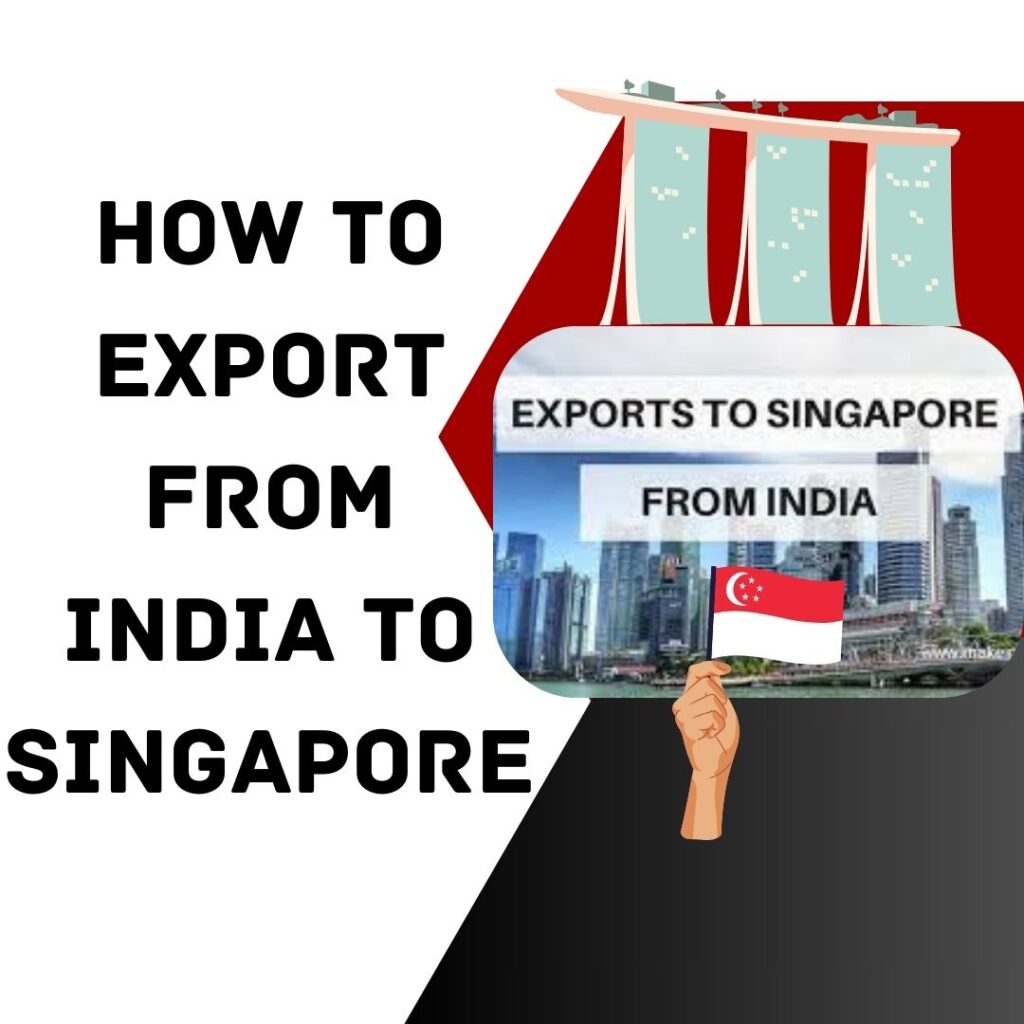Market Research:
Identify the market demand and potential for your products in Singapore.
Understand the regulatory requirements and restrictions for your specific goods.
Business Registration:
Ensure that your business is registered and compliant with Indian export regulations.
Get an Importer and Exporter Code (IEC):
Obtain an IEC from the Directorate General of Foreign Trade (DGFT) in India. This code is mandatory for any person importing or exporting goods and services.
Understand Customs Duties and Taxes:
Familiarize yourself with Singapore’s customs duties and taxes to calculate the total cost of exporting.
Choose a Mode of Transportation:
Decide whether you’ll use air, sea, or land transport. The mode of transportation will impact the shipping time and cost.
Select a Freight Forwarder:
Choose a reliable freight forwarder to handle the logistics of your shipment, including documentation and customs clearance.
Packaging and Labeling:
Ensure that your goods are appropriately packaged and labeled according to both Indian and Singaporean regulations.
Documentation:
Prepare the necessary export documentation, including the commercial invoice, packing list, bill of lading, certificate of origin, and any other required certificates.
Customs Clearance:
Work with a customs broker to facilitate the clearance of your goods through Singaporean customs.
Incoterms:
Clearly define the terms of sale using International Commercial Terms (Incoterms) to avoid any misunderstandings regarding responsibilities and costs.
Insurance:
Consider purchasing export insurance to protect your goods during transit.
Payment and Financing:
Decide on the payment terms with your buyer. Ensure that you are familiar with international payment methods, such as letters of credit.
Comply with Singaporean Regulations:
Adhere to Singapore’s import regulations, including any licensing or labeling requirements specific to the country.
Shipping and Tracking:
Monitor the shipment using tracking systems provided by the chosen freight forwarder to ensure a smooth transit.
Receive Payment:
Upon successful delivery of the goods, receive payment from the buyer as per the agreed-upon terms.
It’s crucial to work with professionals, such as customs brokers and freight forwarders, to navigate the complexities of international trade successfully. Additionally, staying informed about any changes in regulations is essential for a smooth export process. Always consult with trade experts or legal professionals if you have specific questions about your products or the export process.
1 / 2



